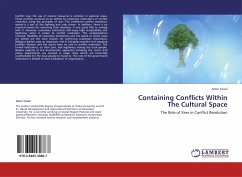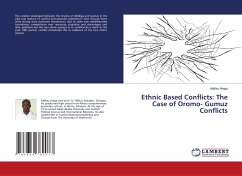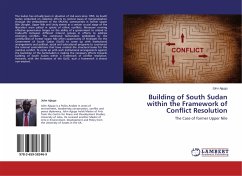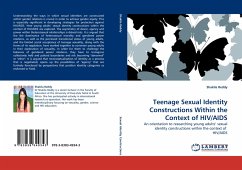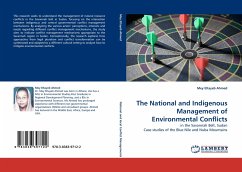Conflict over the use of natural resources is common in pastoral areas. These conflicts continue to be settled by customary institutions of conflict resolution using the principles of xeer. The traditional conflict resolution system is a sort of fire fighting and crisis driven. In addition, there is no practical means for enforcing their decisions, if one party fails to comply with it. However, customary institutions still enjoy high acceptability and legitimacy when it comes to conflict resolution. The compensations received, flexibility of customary institutions and the speed at which cases are settled are the main reasons for preferring customary institutions. Religious leaders play an important role in bringing ceasefire and stopping hostility. Women and the youth have no role in conflict resolution. The formal institutions, on their part, lack legitimacy among the local people. Besides majority of the bureaucratic apparatus including the courts and justice departments are located in major cities which are financially unaffordable for the local people to travel to. The role of the government institutions is limited to mere facilitation of negotiations.

